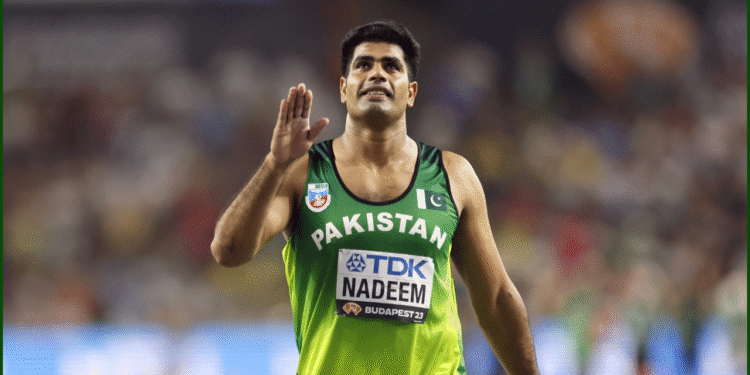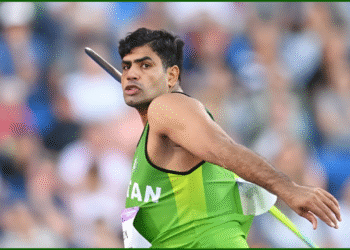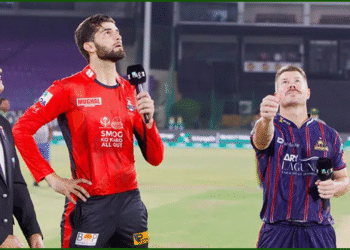India has blocked access to Pakistani Olympic gold medalist Arshad Nadeem’s Instagram account amid escalating tensions with Pakistan, following a militant attack in Pahalgam. The move reflects ongoing digital and diplomatic friction, further straining relations between New Delhi and Islamabad. (44 words)
Arshad Nadeem, celebrated for securing Pakistan’s historic first Olympic gold in javelin throw, found his Instagram profile inaccessible to Indian users starting late April 2025. This action follows a broader crackdown, with India previously blocking 16 Pakistani YouTube channels, including those operated by former cricket stars, on grounds of national security, as advised by the Ministry of Home Affairs.
The timing of the social media restriction is notable. Just days before the Pahalgam incident, Indian javelin star Neeraj Chopra had invited Nadeem to a competitive event in India, an offer Nadeem politely declined. The attack, which sparked mutual accusations, appears to have prompted India to tighten its grip on online platforms, possibly to curb narratives deemed sensitive. Some analysts suggest the block on Nadeem’s account reflects an effort to manage public discourse amid the unrest.
The restrictions extend beyond Nadeem. Instagram has also limited access to the accounts of several Pakistani celebrities, including actors and influencers, in India. Users attempting to view these profiles encounter a message stating the content is restricted due to a legal request. This has fueled debates about freedom of expression and the politicization of digital spaces.
In India, the decision has drawn mixed reactions. While some support the government’s measures as necessary for national security, others, including moderate voices, question the targeting of cultural and sports figures. Right-wing groups have also voiced criticism of Chopra’s invitation to Nadeem, arguing it was ill-timed given the current climate.
As both nations navigate this latest chapter of their complex relationship, the blocking of Nadeem’s account underscores the growing role of digital platforms in geopolitical conflicts. Whether this move will de-escalate tensions or further inflame them remains to be seen.


















































